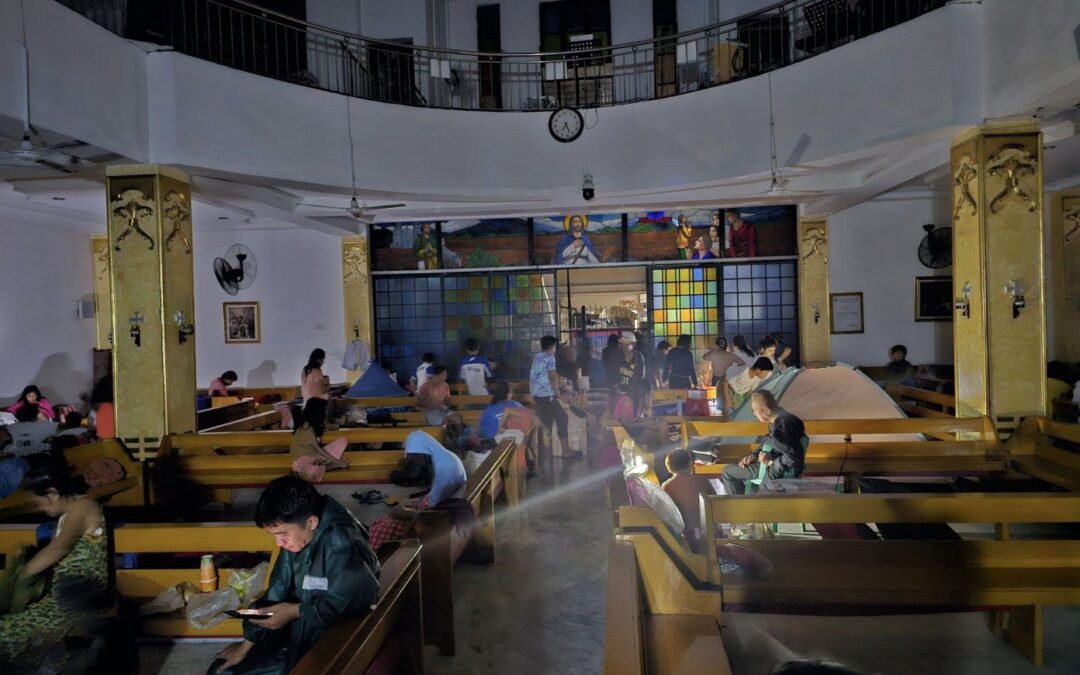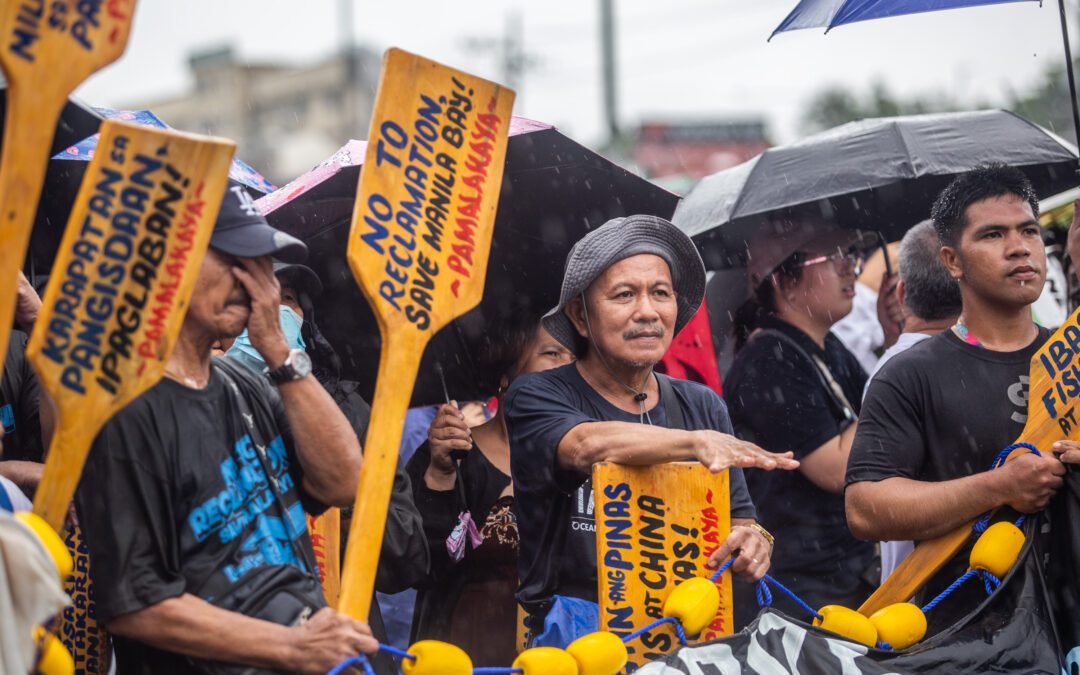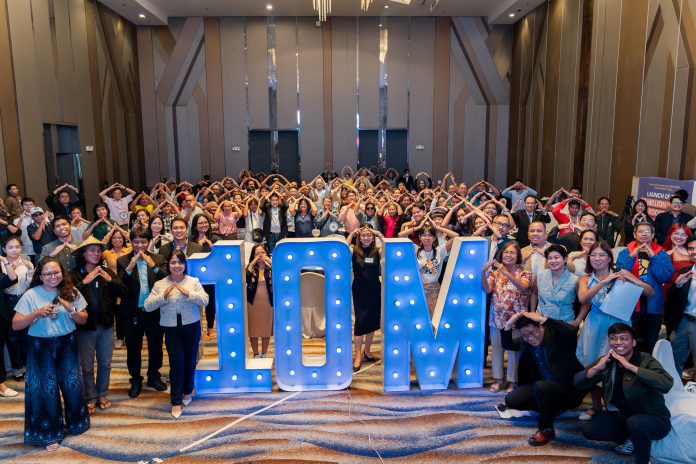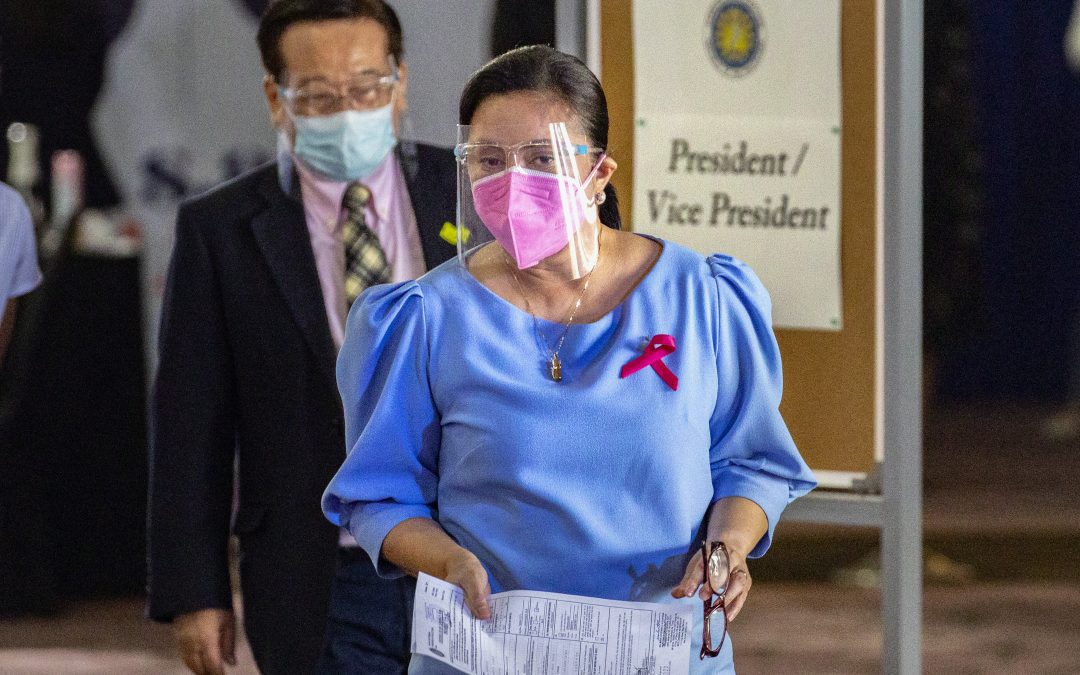Just a month ago, the Holy See sent a group of people to Glasgow, Scotland to attend the UN Climate Change Conference of Parties or COP. But in contrast to a ‘state delegation’ that has a voice in the convention, the Holy See attended merely as an observer.
“We have no right or voice. We are here as a State, which is an observer,” said Bishop Claudio Gugerotti, Apostolic Nuncio to Great Britain.
“What we do is not official. It is something that we are doing in the corridors. But we support, we speak, and we suggest,” he added.
The Vatican has a ‘diplomatic mission’ at the United Nations as a ‘permanent observer.’ It does not have the status of Permanent Representative because the Holy See is not a member of the UN.
The Holy See has had this observer state status since 1964, a status accorded only one other entity, the State of Palestine.
COP is an opportunity for global leaders, civil society, and other advocates to review the actions of member parties in addressing global warming. In its recent convention, I’ve been hearing a lot of stories of disappointments and doubts from the Philippine delegation, the civil society, down to the journalists who were present there.
As for climate advocates who were present at COP 26, there were measures that were lacking, which governments must be pressured to take them seriously. But ordinary folks who have no solid background in science and climate-related policies could probably find COP 26 dull and complicated despite the urgency of its goals.
For this reason, some environmentalists attempt to put their best foot forward to communicate climate urgency even among the grassroots. Upon the publication of Pope Francis’ encyclical Laudato Si’, the Catholic social teachings on environmental protection become more widespread, ecology ministries are strengthened, lay movements that push for integral ecology become apparent, leading to gradual education of Catholic faithful on environmental sensitivity and its relation to Christian life.
On the 15th of November, the Vatican, through the Dicastery for the Promotion of Integral Human Development, formally launched the Laudato Si’ Action Platform or LSAP. It is an associated website of resources on how to achieve the goals of Laudato Si’.
It offers planning guides and “the process-oriented approach,” for institutions or organizations. As I see how things are going, LSAP could be the best way to improve the Church’s communications on integral ecology, where people from all walks of life could understand the necessity, spirituality, and duties to care for the creation.
It encourages the faithful to eventually come up with a plan towards sustainability, without the need to delve into scientific jargon.
In a media interview, Vatican’s ecology coordinator, Fr. Joshtrom Kureethadam, SDB said that the platform “is open to everyone,” adding that “we are all invited to become ecological citizens of this common home.”
That being said, LSAP particularly invites seven sectors in the Church, namely, the economic sector, families, academe, organizations, and communication centers, healthcare institutions, dioceses and parishes, and the religious orders.
“The first objective is to involve everyone,” Said Fr. Kureethadam. “Then we proposed seven Laudato si’ objectives that reflect the originality of the encyclical,” He added.
Christian Families’ Response
While it may take time to popularize the platform and its objectives, selected organizations and lay movements in the Philippines are beginning to recognize the necessity of enrolling in LSAP.
Marriage Encounter Foundation of the Philippines, a Catholic lay organization of married couples is few among lay movements that responded to the invitation of the Church to take part in the platform.
Buklod 1 Community, one of the clusters of the movement, was among the first to register to the LSAP, and concurrent with its launching on the World Day of the Poor, the same cluster initiated its tree-planting project at a park in the City of Caloocan.
Cluster head Mr. Jun Albino, commonly referred to as “Tito Jun,” together with his wife, Aida Albino, were enthusiastic to explore this new project as their “simple way” to participate in the platform.
“We requested 600 pieces of seedlings from the Department of Environment and Natural Resources,” Albino said in Filipino. “But what we obtain is about 4750 seedlings,” he added.
Speaking of climate change, Aileen Raterta-Torre, a lawyer by profession and member of the cluster’s ecology committee saw the need for environmental projects among Catholic organizations in the country.
“In a third-world country, we have experienced the impact of climate change,” she said. “Let’s do our part to protect nature as we are all interconnected, without this, there can be no justice for the poor and the marginalized sector of the society,” she added.
Moving forward, these Christian couples gather together for a project, their cluster aspires to make this initiative pass on to their children. Member Rose De Jesus explains her involvement has its roots in being a mother to her children, and that she and her fellow member Miles De Guzman, insist that their children have to “continue what it started,” and that, “there is no planet B,” leaving them no options but to expand integral ecology.
Getting into the grassroots
While the faithful come to realize the value attached to the platform, many in the far-flung areas who desire to make use of it find it hard to get access online.
Here, I could see the serious implementation of the National Laudato Si’ Program among the dioceses, which in turn, could provide assistance to the faithful in the grassroots in terms of enrolling in the platform.
There could be a number of processes to undertake in order to cover these sectors, but they work towards environmental advancements must go on. For the couple-members of Marriage Encounter Foundation, their humble contribution to our common home only needs to be encapsulated with their love for nature.
The group chooses the heart as a symbol of their ecology apostolate, saying that it has to start “within ourselves to love and care” God’s creation.






0 Comments